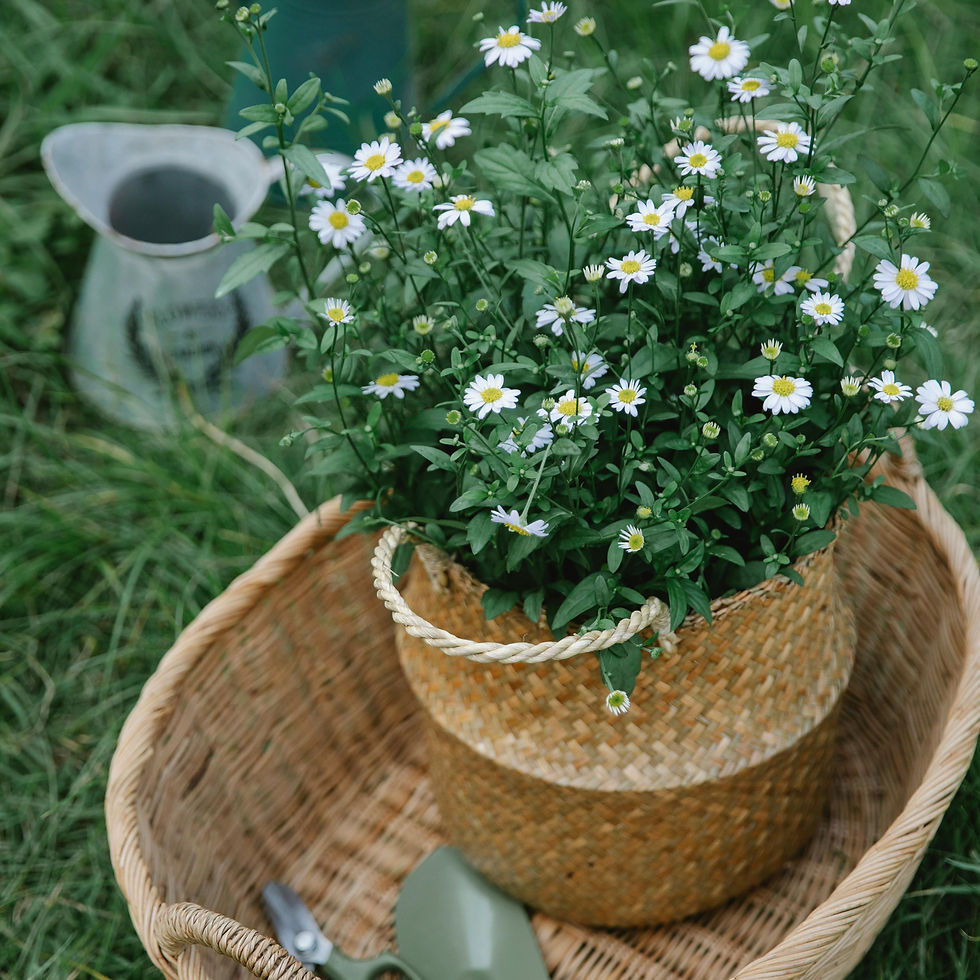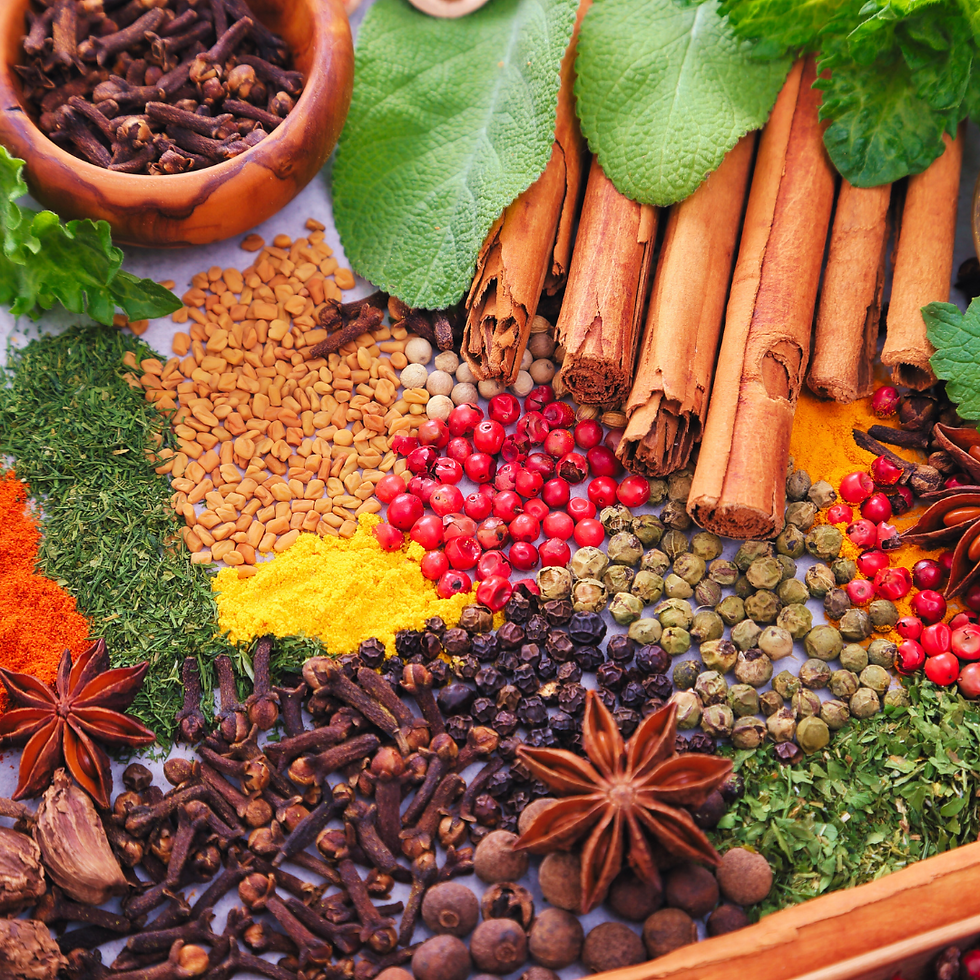
When you think of practicing herbalism, you might imagine lush gardens filled with rows of thriving plants. But what if you don’t have that kind of space? Whether you’re in an apartment, a shared living arrangement, or just don’t have access to a garden, herbalism is still accessible. Let me show you how you can embrace this practice—even in the smallest of spaces.
1. Container Gardening: Making the Most of Small Spaces

Even if you don’t have a yard, container gardening is a powerful way to grow herbs. Many culinary and medicinal herbs like basil, thyme, rosemary, and mint thrive in pots. They don’t need much space—just a sunny windowsill, balcony, or even a small shelf with a grow light.
Actionable Steps:
Choose compact herbs that grow well in pots. Examples include chives, oregano, and parsley.
Use recycled containers or small pots to start. Ensure proper drainage by adding holes at the bottom.
Rotate pots occasionally for even sunlight exposure, especially if you’re relying on a single window.
2. Indoor Herb Growing with Technology

Thanks to modern technology, you don’t need soil or sunlight to grow herbs. Indoor hydroponic systems and grow lights make it possible to cultivate a variety of plants year-round. These tools are perfect for herbalists who want to go beyond the basics and create a diverse apothecary.
Actionable Steps:
Invest in a small hydroponic system or a grow light setup to grow herbs like cilantro, dill, or even chamomile indoors.
If you’re on a budget, start with DIY grow lights or repurpose materials to build a simple hydroponic system.
Keep your plants close to where you work or study—they’ll serve as both decoration and inspiration.
3. Relying on Pre-Dried Herbs and Local Markets

If space truly limits you, focus on sourcing high-quality dried herbs. Supporting local farmers’ markets, co-ops, or online herbal suppliers allows you to stock your apothecary without growing a single plant. The key is to stay organized and intentional with what you purchase.
Actionable Steps:
Create a list of the herbs you use most often and purchase them in bulk to save money.
Store your dried herbs in airtight containers to keep them fresh and potent.
Partner with local growers or herbalist collectives to source herbs and stay connected to your community.
4. Crafting Herbal Blends Without a Garden

Not having a garden doesn’t mean you can’t create effective and meaningful herbal remedies. The beauty of herbalism lies in the creativity it allows. You can still craft teas, tinctures, salves, and more by combining sourced herbs and learning to adapt recipes to what’s available.
Actionable Steps:
Experiment with small-batch recipes like herbal teas, syrups, or infused oils using pre-dried herbs.
Research the properties of herbs you can easily source locally or online to create purposeful blends.
Keep a journal to document your blends, what worked, and what you’d like to adjust.
Conclusion

Herbalism doesn’t require a sprawling garden or acres of land. With creativity, resourcefulness, and a willingness to adapt, you can practice herbalism no matter your living situation.
Whether you’re growing a few pots on your balcony or sourcing herbs from trusted suppliers, you’re still part of a greater movement.
Shalom and blessings on your herbal journey—no matter how small your space may be!








